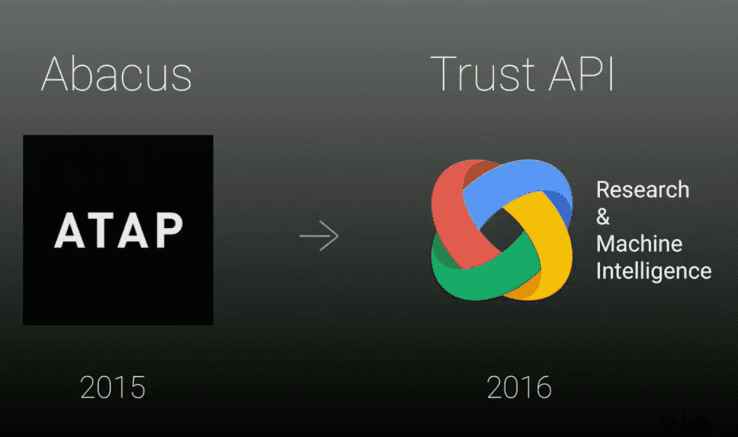
If we have commented that Twitter he is working very hard With all that series of news that it is integrating into its app, Google is another does not stop innovating and improve the experience of using its apps and operating system for mobile devices that we all know from Android.
From the looks of it, your Android smartphone can get rid of passwords in this same year. Google's Project Abacus, which uses a certain method to verify your identity based on your unique usage patterns, will hit Android apps later this year.
The head of Google for ATAP (Advanced Technology and Projects), Daniel Kaufman, offered more details on Project Abacus at the Google I / O developer conference last week. Already anticipated in 2015, the main focus of Project Abacus is to get your device to be able to get rid of the having to be entering passwords and PINs for authentication.
The new way to log in for Android lets you bypass passwords and use patterns such as location, typing speed and voice to identify your identity. Google has now revealed that Project Abacus has been in testing at 33 universities across 28 states in the United States since last year and now the service has moved to the following tests to bring it to Android apps later this year. .
The service works in such a way that is active in the background and keeps collecting data in real time by following which is the one that determines your accuracy score. Engineers on Google's search teams have created this API called Trust, which will be tested at select banks in early June. Kaufman maintained that they are working to offer this capability to Android developers by the end of the year.
